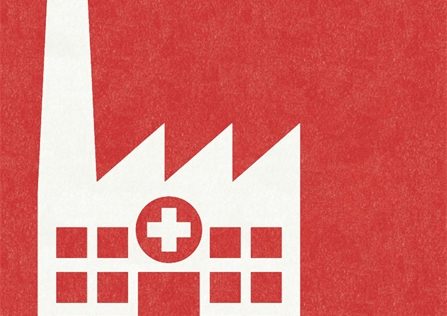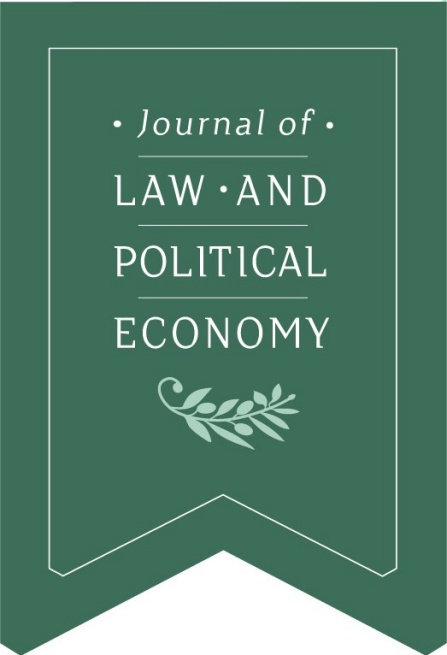
Labor Law and Employer Domination: From Steel to Care
Postwar steelworkers and contemporary healthcare workers inhabited strikingly different economic circumstances. Yet in both eras, courts allocated to companies various powers they could use to impose market discipline on workers, thereby facilitating the degradation of work.





